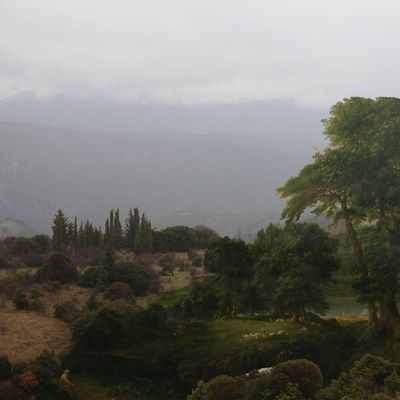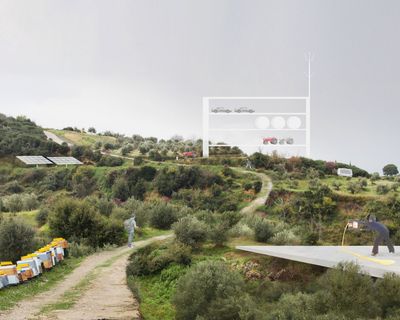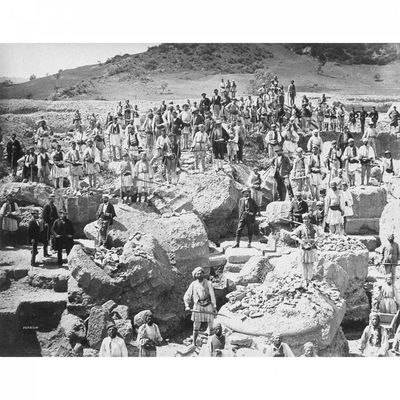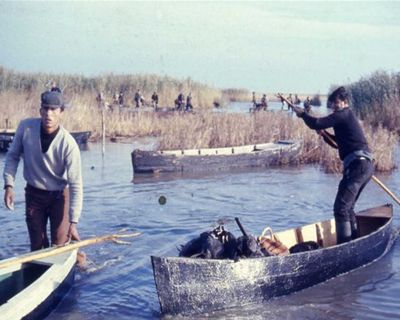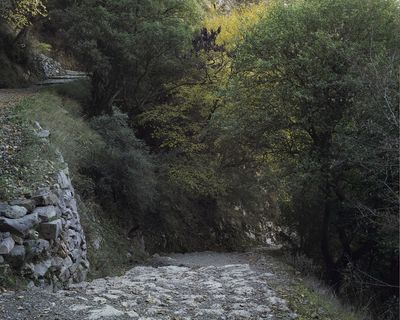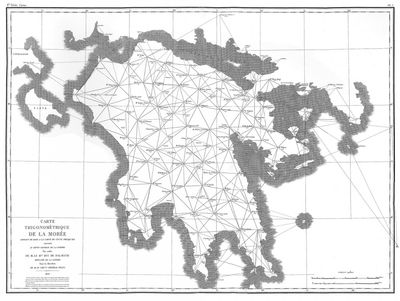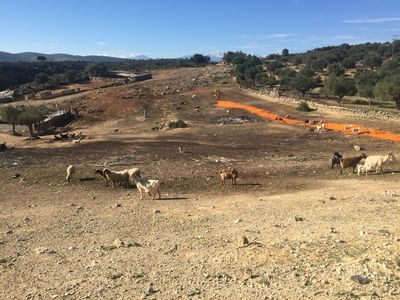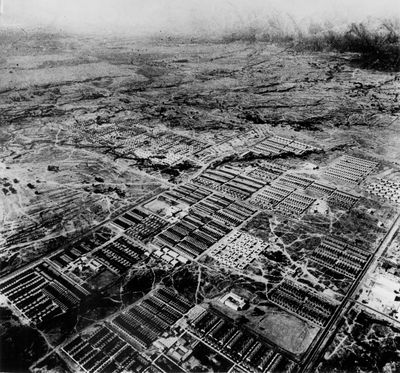Arcadia
Peloponnese
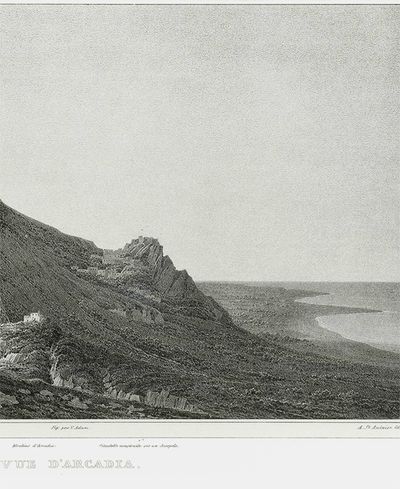
European territory has become completely urbanized. The countrysides in the traditional sense have disappeared; the distinctions between the town and the country have been blurred. In contrast to the unambiguous urban transformations of cities, the processes of urban change in the countryside are massive, yet often unnoticed. Away from the public eye and professional scrutiny, these processes have created new urban identities and configurations in the formerly rural realm of Europe. The studio series European Countryside will explore the terra incognita of the countryside, and its radical mutations. The project aims to reinvent contemporary countrysides as legitimate and critical subject of architecture profession.
Starting in spring 2016, the studio will select several countryside case studies from the European typological panorama. Through these studies, a definition of contemporary countryside will be researched, and its potentials discovered and represented. These insights will form the basis for projects on the countryside.
The mythical Arcadia and the landscapes of Peloponnese in Greece are the birthplace of European territory and a source of European culture. They will serve as the threshold for the investigation into the character and urban potentials of European territories beyond the city.
Arcadia is one of the most enduring utopias of the western mind. As an imaginary locus and a pictorial style, Arcadia originated in the pastoral scenery of Roman poets Ovid and Virgil, from where it spread throughout western painting and literature. The imaginary realm of Arcadia, where human beings, animals, and plants harmoniously coexist, remains one of the most powerful idyllic constructions of the countryside.
By contrast, the actual region of Arcadia is located on the mountainous core of Peloponnese, the largest peninsula in Greece. These are the oldest inhabited territories in Europe and sources of European culture: sites of classical ruins, such as Epidaurus and ancient Olympia, still punctuate the landscape, and stone villages are scattered on the mountaintops. The entire Peloponnese is a quiet territory, seemingly unaffected by the metropolitan growth of Athens, and the gradual proliferation of new infrastructures and industries in the formerly rural landscape. The region’s low population density, remoteness, and low accessibility are surprising and can be can be understood as possessing a powerful potential in the European context: Arcadia and Peloponnese resist urbanization, and remain an important interruption in the dense urban fabric of the continent. But this countryside is also much more than the imaginary of the pastoral ideal: cultural heritage sites, nature areas, agriculture, energy landscapes, and tourism have interacted here to produce radical urban transformations and new forms of living and production. Our investigation will concentrate on the character and potentials of the Arcadian countryside, seen as an important and typical case in the European panorama of countrysides.
The project is organized as an east-west section through the territory of Peloponnese, running from coast to coast—from Epidaurus to Olympia, through the mountains of Arcadia. Learning from the myths and the direct experience of the landscape, the studio will investigate, discover, promote, and design new typologies of Arcadian countryside.
